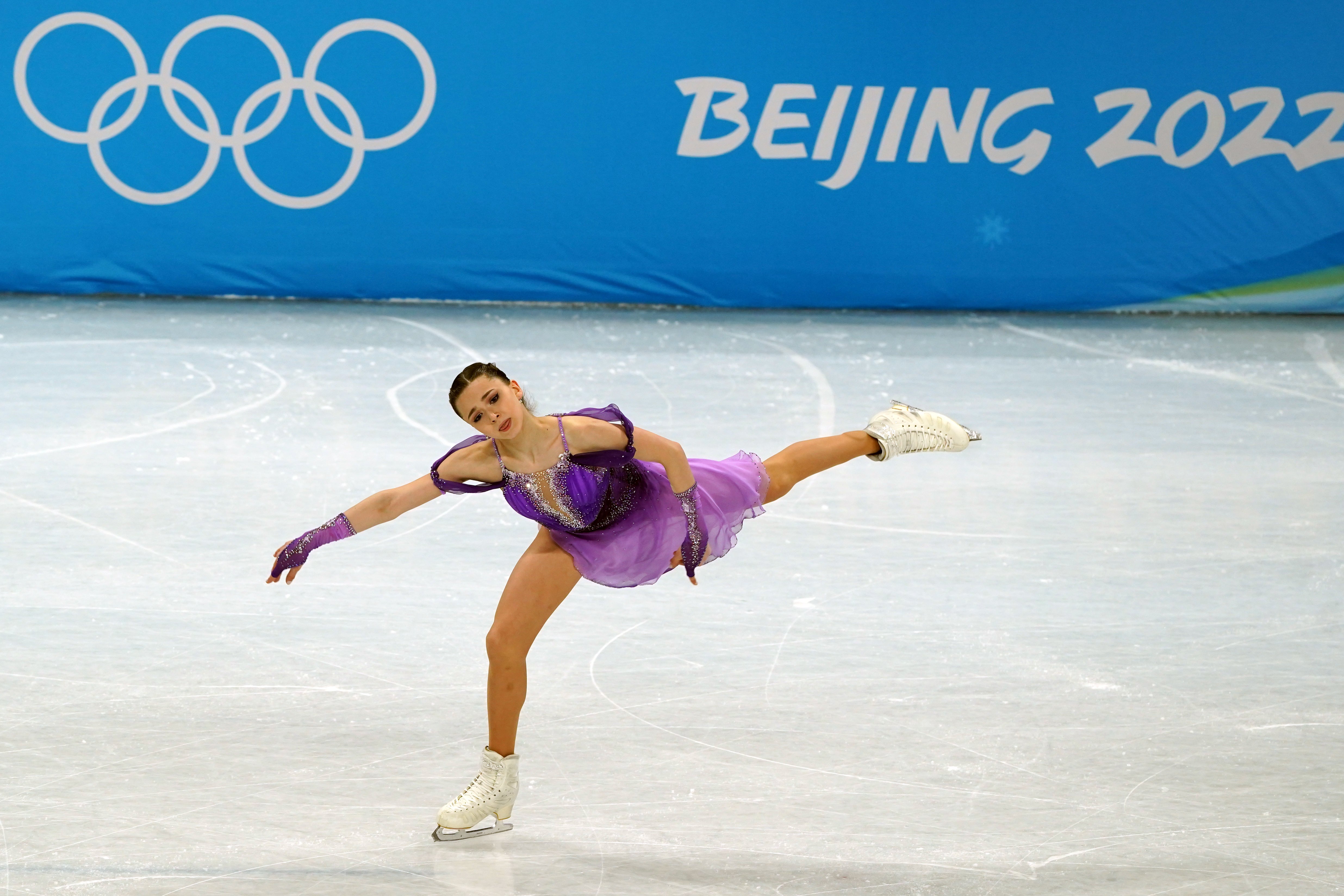Timeline: How Kamila Valieva’s doping case has unfolded at Beijing Winter Olympics
The Court of Arbitration for Sport determined that no provisional suspension should be imposed

Your support helps us to tell the story
From reproductive rights to climate change to Big Tech, The Independent is on the ground when the story is developing. Whether it's investigating the financials of Elon Musk's pro-Trump PAC or producing our latest documentary, 'The A Word', which shines a light on the American women fighting for reproductive rights, we know how important it is to parse out the facts from the messaging.
At such a critical moment in US history, we need reporters on the ground. Your donation allows us to keep sending journalists to speak to both sides of the story.
The Independent is trusted by Americans across the entire political spectrum. And unlike many other quality news outlets, we choose not to lock Americans out of our reporting and analysis with paywalls. We believe quality journalism should be available to everyone, paid for by those who can afford it.
Your support makes all the difference.Kamila Valieva has been cleared to continue to compete at the Winter Olympics despite testing positive for the banned heart medication trimetazidine.
An ad-hoc committee set up by the Court of Arbitration for Sport determined that no provisional suspension should be imposed on the 15-year-old Russian figure skater.
Here, we take a look at how one of the biggest controversies in the history of the Games unfolded in Beijing.
6 February: Valieva makes her Olympic debut in the short program section of the mixed team event. Her routine scores 90.18, just short of her own world record of 90.45.
7 Febrary: Valieva becomes the first female figure skater to land quad jumps in an Olympic Games, as her free skate routine seals victory for Russia in the mixed team event.
8 February: The medal ceremony for the mixed team is event is delayed due to what the International Skating Union (ISU) describe as a “legal issue” which requires further consultation.
9 February: The ‘Inside The Games’ website names Valieva as the figure skater at the centre of a doping probe which is delaying the awarding of medals.

11 February: The International Testing Agency (ITA) confirms Valieva tested positive for the banned heart medication trimetazidine on Christmas Day. It says it is appealing the lifting of a provisional suspension by the Russian Anti-Doping Agency (RUSADA).
12 February: The World Anti-Doping Agency (WADA) and the ISU confirm they have also filed suits to the Court of Arbitration for Sport, whose ad-hoc committee meets to determine the case. Valieva, who continues to practice in Beijing, makes an appeal by video-link.
14 February: The CAS announces that Valieva has been cleared to continue to compete. CAS cited “exceptional circumstances” for the decision, essentially revolving around her status as a ‘protected person’ on the World Anti-Doping Code.
Join our commenting forum
Join thought-provoking conversations, follow other Independent readers and see their replies
Comments